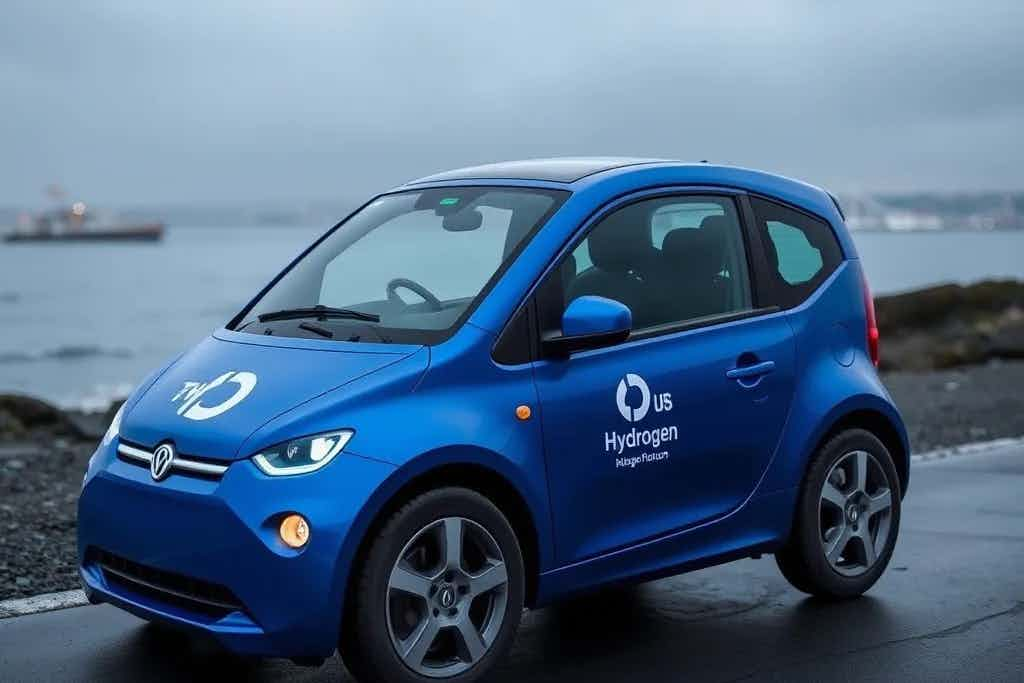Hydrogen fuel cells have emerged as a promising alternative to traditional fossil fuels, offering the potential for clean, efficient, and sustainable energy. With the growing concern over climate change and the need to reduce greenhouse gas emissions, hydrogen fuel cells have gained significant attention as a potential solution.
How Hydrogen Fuel Cells Work
Hydrogen fuel cells operate by combining hydrogen and oxygen to produce electricity, water, and heat. The process involves a chemical reaction that occurs at the anode and cathode of the fuel cell. Hydrogen gas is supplied to the anode, while oxygen is supplied to the cathode. The hydrogen atoms react with a catalyst at the anode, releasing electrons and protons. The electrons flow through an external circuit, generating electricity. The protons pass through a membrane to the cathode, where they combine with oxygen and electrons to form water.
Benefits of Hydrogen Fuel Cells
- Clean Energy: Hydrogen fuel cells produce zero harmful emissions, making them a cleaner alternative to fossil fuels. The only byproduct of the reaction is water vapor, which is environmentally friendly.
- High Efficiency: Hydrogen fuel cells have a high energy conversion efficiency compared to traditional combustion engines, meaning more of the energy stored in the fuel is converted into useful work.
- Versatility: Hydrogen fuel cells can be used in a wide range of applications, including transportation, stationary power generation, and portable
electronics. - Fuel Flexibility: Hydrogen can be produced from various sources, such as renewable energy (solar, wind, and hydro), natural gas, and biomass. This flexibility provides options for different regions and energy sources.
Challenges and Considerations
Despite their promising potential, hydrogen fuel cells face several challenges:
- Infrastructure: The development of a widespread hydrogen infrastructure, including refueling stations and hydrogen production facilities, is essential for the commercialization of hydrogen fuel cells.
- Hydrogen Production: Producing hydrogen in a clean and efficient manner is crucial. While renewable energy can be used to produce hydrogen through electrolysis, the process can be energy-intensive.
- Cost: The cost of hydrogen fuel cells and the associated infrastructure is currently higher than traditional fossil fuel-powered technologies. However, as production and adoption increase, costs are expected to decrease.
- Safety: Hydrogen is a flammable gas, and ensuring safe handling and storage is essential for the widespread adoption of hydrogen fuel cells.
The Future of Hydrogen Fuel Cells
Despite the challenges, the potential benefits of hydrogen fuel cells make them a promising technology for a cleaner energy future. Continued research and development, coupled with government support and industry investment, are crucial for overcoming the hurdles and realizing the full potential of hydrogen fuel cells. As technology advances and costs decrease, hydrogen fuel cells could play a significant role in reducing our reliance on fossil fuels and transitioning to a more sustainable energy economy.




